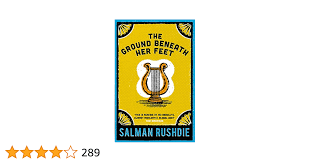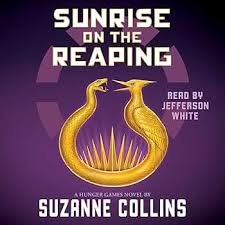The Impact of Salman Rushdie on Literature and Freedom of Speech

Introduction
Salman Rushdie, one of the most prominent literary figures of our time, has long been an advocate for freedom of speech and intellectual expression. His works have not only garnered international acclaim but have also sparked critical discussions about the intersection of literature, politics, and religion. The relevance of Rushdie’s contributions to contemporary literature is heightened in recent years, especially following the attack on his life in 2022, which has brought issues of censorship and the safety of writers into sharp focus.
The Life and Works of Salman Rushdie
Born in 1947 in Mumbai, India, Rushdie has authored several notable novels, including the Booker Prize-winning “Midnight’s Children” and the controversial “The Satanic Verses.” His writing often weaves together magical realism and philosophical exploration, addressing themes such as identity, migration, and the impact of history on personal lives. However, it was “The Satanic Verses,” published in 1988, that incited widespread protests and led to a fatwa being issued against him by Iran’s Ayatollah Khomeini. This event had profound implications not only for Rushdie’s life but also for the rights of authors everywhere, highlighting the dangers faced by those who challenge dogmatic beliefs.
Recent Events and Their Significance
In August 2022, Rushdie was attacked on stage during a literary event in New York, suffering serious injuries but ultimately surviving the assault. This shocking event cast a spotlight on the enduring threats faced by writers who tackle contentious topics. The response to the attack has been overwhelmingly supportive from global literary communities and human rights organisations, resonating with calls for solidarity against censorship and violence.
The attack has sparked a renewed discussion on the importance of protecting authors and their right to express their ideas freely. As the world becomes more politically charged and polarized, the significance of Rushdie’s voice has never been more crucial. Numerous events, seminars, and panels have addressed not only the implications of the attack but also the broader context of artistic freedom in an increasingly intolerant world.
Conclusion
Salman Rushdie’s journey reflects both the power of literature to provoke thought and its potential to incite backlash. His resilience amid adversity serves as a poignant reminder of the importance of defending not only individual voices but also the collective ideals of freedom of expression. As readers, advocates, and friends of the literary community, we must stand united in our support for authors like Rushdie, ensuring that the written word remains a bastion of truth, creativity, and safety. Moving forward, the discourse surrounding Rushdie and others facing similar challenges will continue to shape the landscape of literary expression and human rights worldwide.








